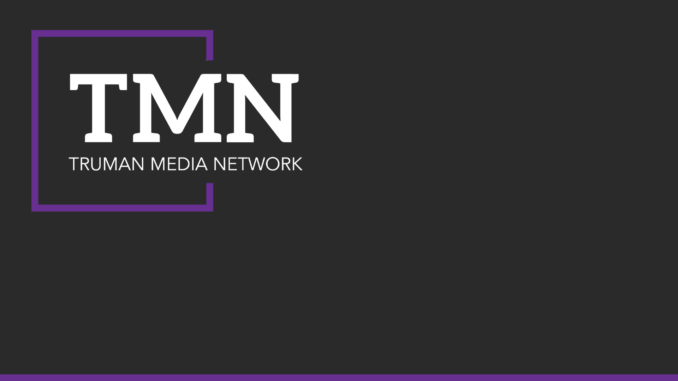
The Career Center now offers a virtual interview suite for students to utilize for job and graduate school interviews as a feature of its new office.
The virtual interview suite is a designated space for students who are interviewing via video conference, but it is also used for in-person and mock interviews. The Career Center was able to add this resource when it moved into its new office space in the student involvement complex on the first floor of the Student Union Building this summer.
Jenni Nuhn, Career Center assistant director, said dedicating a space specifically to interviews was an important part of the Career Center’s move. Previously, practice interviews were typically held in the conference rooms in the upper levels of the SUB.
Nuhn said having a dedicated interview space on campus helps set Truman State University apart from other universities because it is not a common resource. She said it is an important resource for students to have because virtual interviewing is becoming more common, especially within graduate schools. Many students interview with companies or schools that are several hours away, Nuhn said, so being able to participate in a virtual interview instead of traveling out of town can help students make better use of their time.
Senior Alina Sergienko used the interview suite for an interview with a grad school. She said her experience was positive, and she would recommend the interview suite to other students.
“You can’t always have a face-to-face conversation, and you don’t necessarily want to go out of state for an interview,” Sergienko said. “This is a really good resource to have. It’s convenient.”
Nuhn said staff members prepare students for their virtual interview by helping them set up the camera and adjust the audio to ensure that everything works and the student is comfortable.
Sergienko said she appreciated this aspect of the virtual interview suite.
“Sitting in a room in a professional kind of setting felt really nice,” she said. “It puts me in the mood for a professional conversation.”
Within the next few weeks, the room will be seeing more improvements. Nuhn said math professor Don Bindner has been working on new light units for the room that will allow students to adjust the lighting based on their skin tone to help them look their best. Nuhn said she is also working on a project to improve the acoustics in the room.
Students can reserve the virtual interview suite by contacting the Career Center. Nuhn said approximately 30 students have used the room for virtual interviews so far this semester, and the center has been holding about 20 hours of mock interviews per week in the virtual interview suite.
Dave Lusk, associate vice president for career development, said the Career Center saw over 4,000 different students last year, which was up by about 300 from the year before.
This semester, the Career Center added mock panel interviews, mock virtual interviews and screening, and mock mini case scenarios to provide more diverse resources for students entering different fields. In virtual screening, job applicants send a video of themselves to a potential employer explaining their qualifications. Some companies use a screening process to narrow down their applicants before moving on to a formal interview.
Case studies are used more in the medical field, Nuhn said. In this scenario, a recruiter would present an applicant with a situation and ask them how they would approach it. The Career Center has simulated this process in the past and has added it to their list of services.
Nuhn said these additions were made possible with the new office space, and have caused increased use of the mock interview program.
Lusk said the Career Center was able to implement the virtual interview suite at a low cost. The television was donated, and most of the furniture was collected from other places on campus, he said. The biggest cost was putting up a wall in the room, which used to be part of the Vice President for Student Affairs’ office, Lusk said. Costs for the room were split between the Career Center and the office of the Vice President for Student Affairs, who switched spaces with the Career Center.
Lusk said he is happy with the Career Center’s move, as it has allowed the center to improve its services and resources.
“We’ve got the staff, we’ve got the space and now we’re getting the infrastructure,” Lusk said.
He said he hopes Truman students will use the Career Center’s resources to become more career ready and set themselves apart to potential employers.
